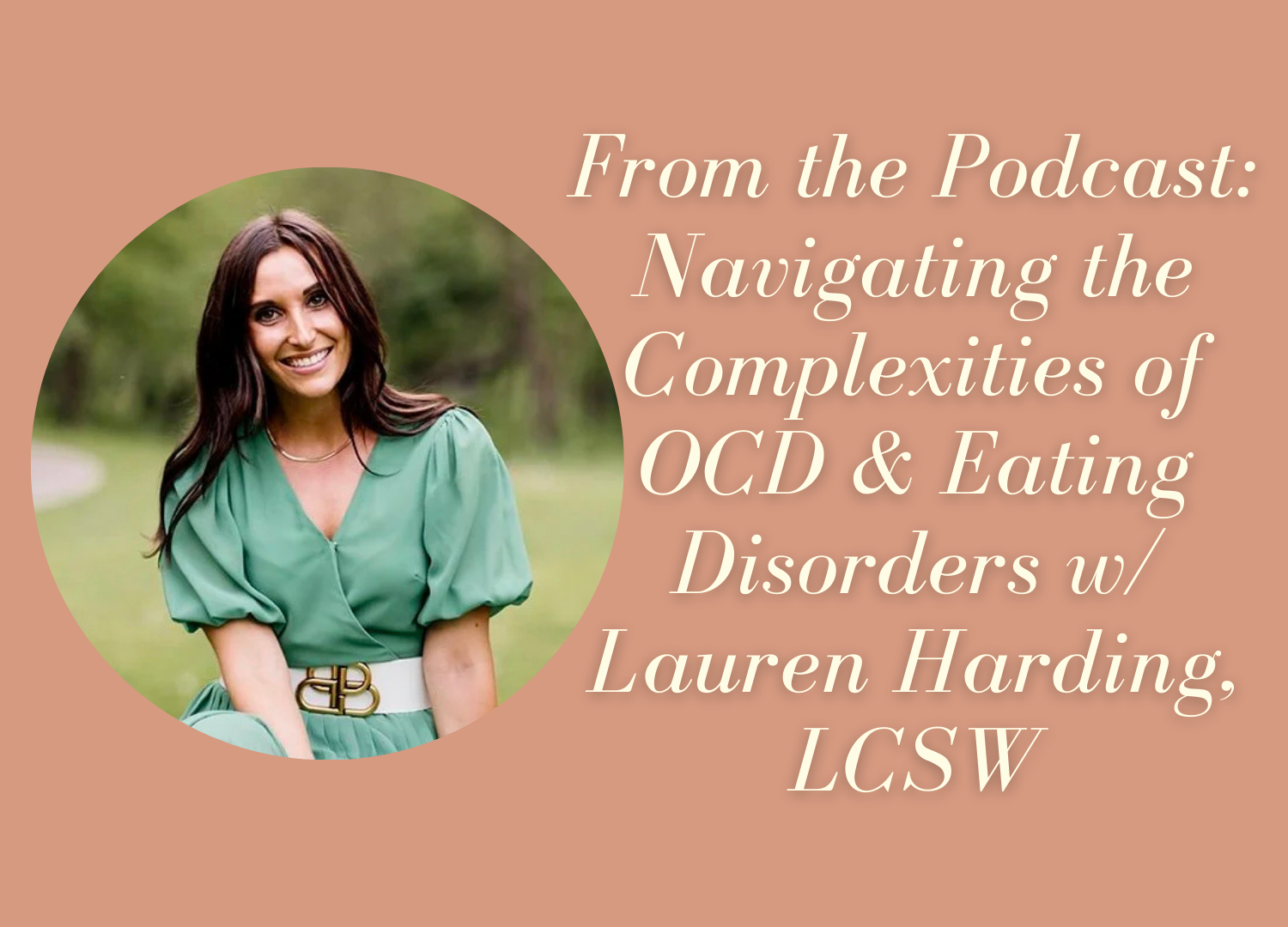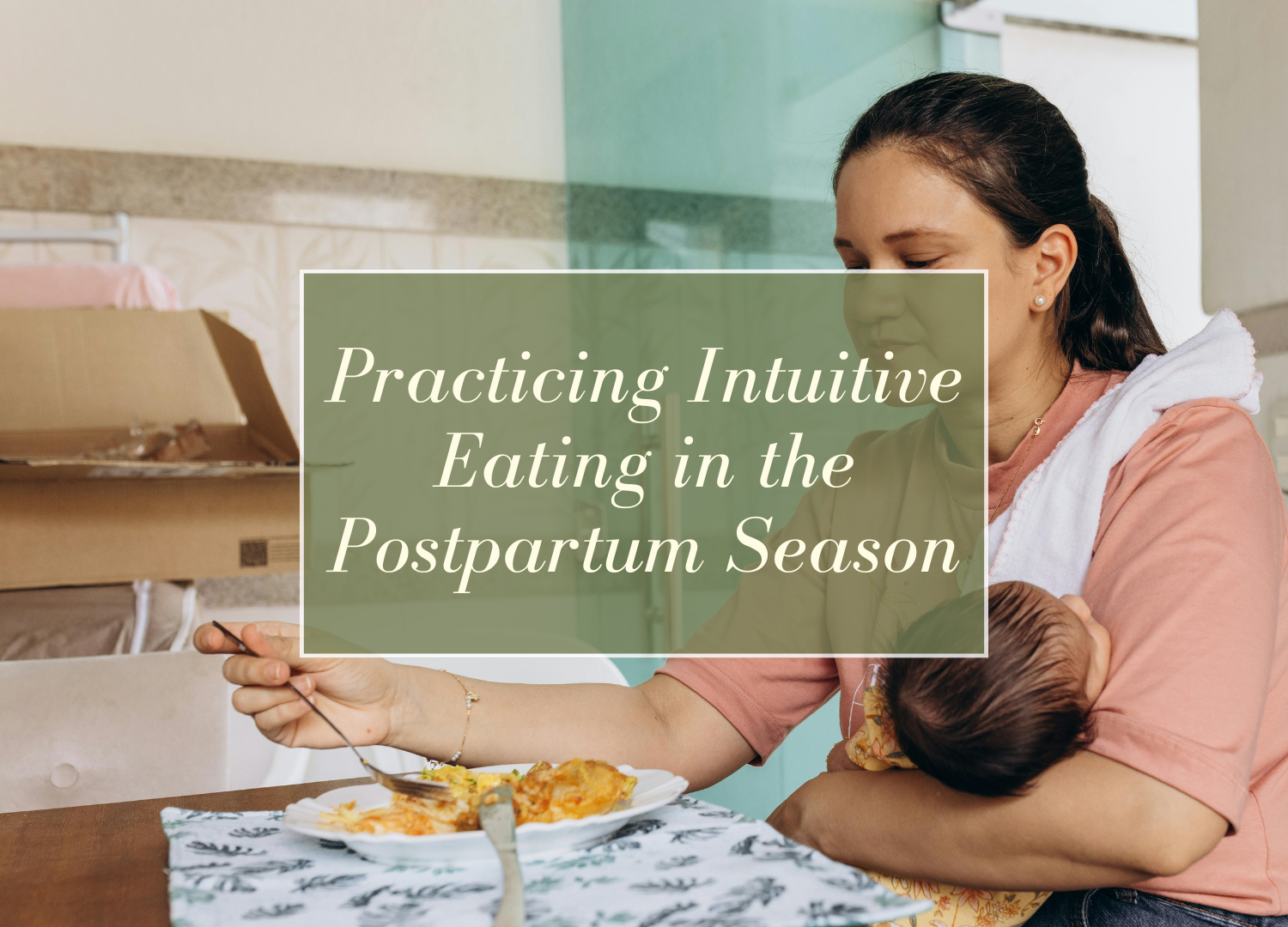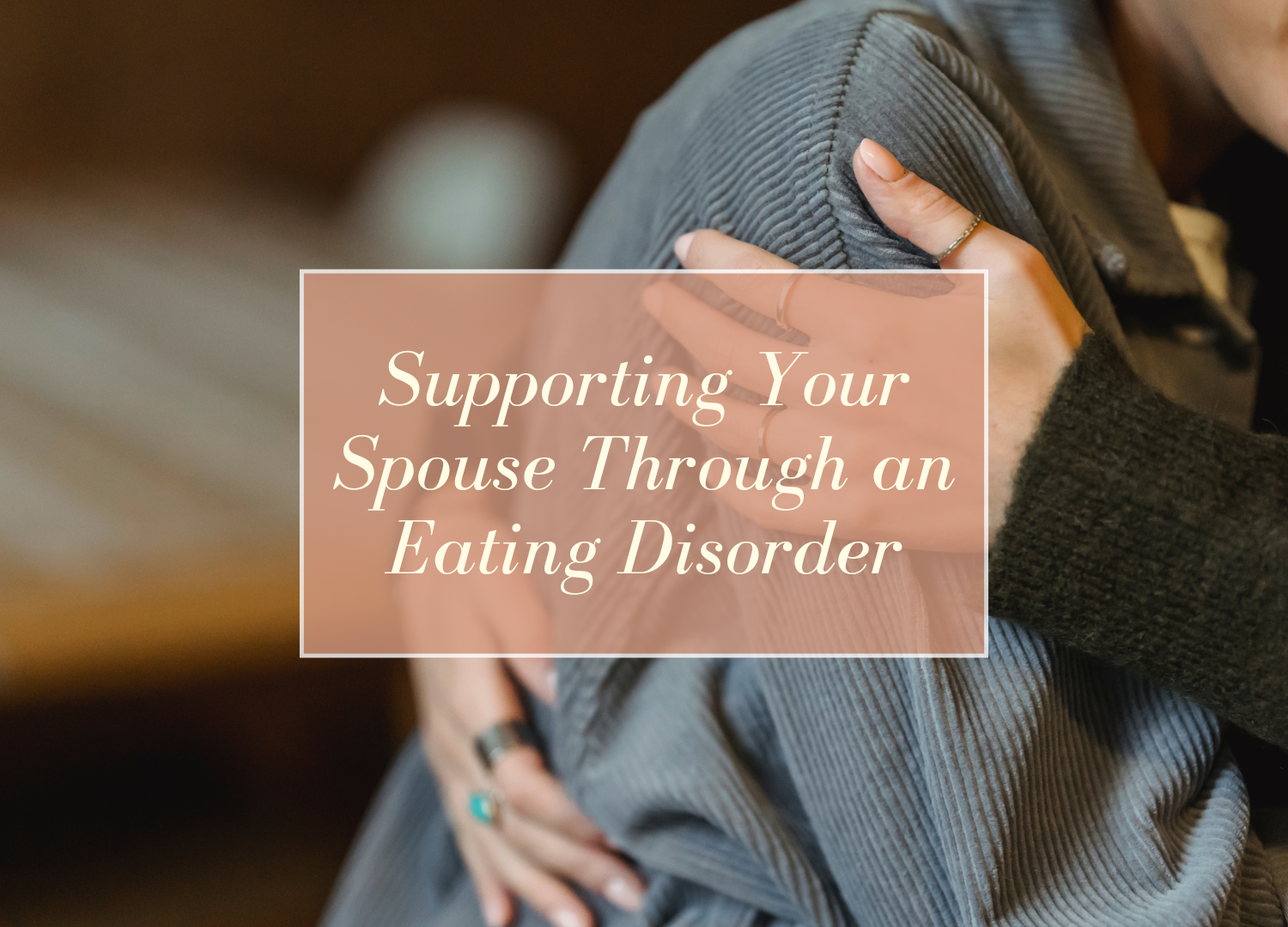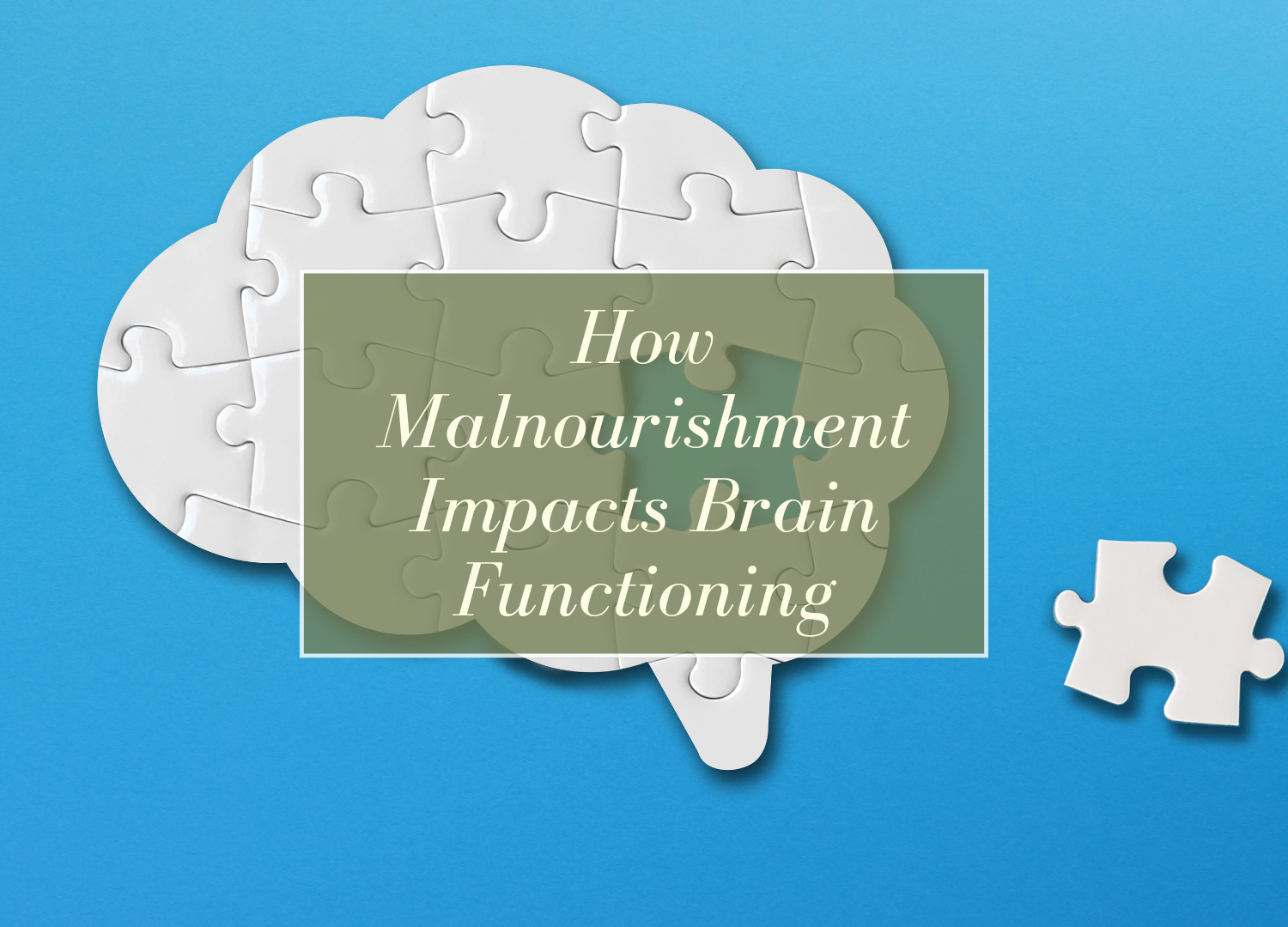Navigating the Complexities of OCD and Eating Disorders: Insights from Our Podcast Discussion
We’ve talked about OCD on the blog before, but we just released a podcast episode with therapist Lauren Harding, LCSW, talking all about OCD and some of the nuances that are often missed.
The reality of OCD is much more than we are often taught. OCD is really about intrusive, unwanted thoughts and the anxiety-driven behaviors people use to try to feel safe from them. And the reality is that many people experience OCD almost entirely in their head through mental checking and reassurance-seeking, also called Pure-O. This conversation is so important because of the significant overlap OCD has with eating disorders, including repetitive behaviors, rigid rules, and attempts to reduce anxiety or feel safe.
New Year’s Playlist: Music to Support You through the New Year Season
This time of year is difficult for many reasons, one being the influx of body-based new year’s resolutions. One of my favorite ways I encourage people to shift away from the negative messages from the media/social media feeds this time of year is by listening to music that fights back with an empowering message. There are many songs that fit this need, and I’ve chosen 5 songs to get you started!
Switching the Lens to Nourishment: Practicing Intuitive Eating in the Postpartum Season
When you hear the phrase intuitive eating, it might feel distant or impossible in those early days postpartum, between the feedings, the sleep deprivation, and the physical/emotional recovery, big-picture ideas about nutrition can feel overwhelming. But intuitive eating during postpartum doesn’t need to be perfect. It’s about practicing curiosity and flexibility during this season so that you can reconnect with your body in this new season, honor your strength, and figure out what feels nourishing for both you and your little one. We are so excited to hear from therapist, Michelle Butler, MSW, LCSW, again to share all the details about how to practice intuitive eating in the postpartum season. Take it away, Michelle!
How to Support a Loved One in Recovery (From Both Sides of the Story)
Hot Take: Eating disorders (ED) are intuitive, clever, and a bit jealous. Especially when you introduce a loved one into the relationship. For much of my own personal experience with ED, I didn’t allow anyone else access to it. ED was my golden coping skill, and I wasn’t about to let anyone come between us. That’s the tricky part—ED isn’t just an inner critic; it’s a relationship. And when someone new shows up, jealousy flares.
Navigating Postpartum and Eating Disorders: Finding a New Balance
Pregnancy is often portrayed as a time of glowing skin, growing bellies, and anticipation—but what comes after can be far more complicated, especially when it comes to a mother’s relationship with her body and food.
For many women, the postpartum period brings emotional upheaval, hormonal shifts, and an entirely new identity. It’s a time of physical recovery, sleep deprivation, and learning how to care for a newborn—yet few people talk about how all of this can interact with something even deeper: disordered eating.
Eating Disorders and the LGBTQIA+ Community
Eating disorders don’t discriminate. But our systems, our healthcare, and even our cultural understanding of eating disorders often do. So, let’s talk about the reality: LGBTQIA+ folks are disproportionately affected by eating disorders, and yet they’re also more likely to fall through the cracks when it comes to diagnosis and support.
Meet the Team: Michelle Butler, LCSW
Welcome to another edition of Meet the Team! This is a fun opportunity to get to know our clinicians outside the office! Today, we are hearing from one of our clinicians, Michelle Butler, LCSW. Take it away, Michelle!
Get Ready to Learn with the Stop, Collaborate, and Listen Podcast
Stop, Collaborate, and Listen is your go-to podcast for real talk about eating disorder treatment and recovery (through a multidisciplinary lens). Hosted by a collaborative crew of dietitians, therapists, and recovery coaches, we dive into the messy, meaningful parts of healing - with compassion, curiosity, and a little bit of humor. Each episode breaks down the myths, methods, and moments that make recovery complicated and possible. Whether you're a provider, caregiver, or in recovery yourself, you'll find practical tools, validation, and thoughtful dialogue grounded in clinical insight and real-world experience.
What is Gentle Nutrition? How to Honor Your Health and Nourish Your Body
When you think of the word “nutrition”, what comes up? Many of us have been trained to believe that caring about food means micromanaging it. But most of the time, that’s diet culture or disordered eating talking (not your body, and definitely not the science!). Today, we are hearing from one of our favorite dietitians, Allison Tucker, who helps us understand what exactly Gentle Nutrition means! Take it away, Allison!
The Impact of Food Insecurity & Its Relation to Disordered Eating
When we talk about food insecurity, we’re talking about:
Stressing that there won’t be enough food tomorrow
Skipping meals or stretching out what little you have
Opting for cheaper, less nutritious foods
And when these conditions persist, they can fuel or intensify ED behaviors like restriction, bingeing, or compulsive control.
The Squiggly, Non-Linear Path of Recovery
Eating disorders are often just seen as an issue where someone can’t/doesn’t want to eat food. To anyone with an eating disorder, this statement underscores the reality of what it’s like to live with one. In honor of Mental Health Awareness Month, we are talking about how eating disorders impact brain functioning and why, for many reasons, recovery is not as simple as just eating more food.
How Malnourishment Impacts Brain Functioning
Eating disorders are often just seen as an issue where someone can’t/doesn’t want to eat food. To anyone with an eating disorder, this statement underscores the reality of what it’s like to live with one. In honor of Mental Health Awareness Month, we are talking about how eating disorders impact brain functioning and why, for many reasons, recovery is not as simple as just eating more food.
Meet the Team: Jen Elliott, MSW, LSW
We are so excited to bring you a new blog segment, Meet the Team! This is a fun opportunity to get to know our clinicians outside the office! Today, we are hearing from one of our therapists, Jen Elliott, MSW, LSW.
The Feelings Wheel Explained
If you’ve ever found yourself completely overwhelmed by your emotions—maybe even struggling to put them into words—you’re definitely not alone. Emotions can be tricky little things, right? They come at you fast and hard, and sometimes, they just don’t make sense. Especially when you’re in the thick of something like eating disorder recovery, it can feel like there’s a whole storm of feelings swirling around inside, and you’re not sure how to even begin naming them. Let me introduce you to ‘The Feelings Wheel’. In this post, I’m going to break down what the Feelings Wheel is, how it works, and why it’s such a game-changer in eating disorder recovery.
Obsessive Compulsive Disorder and Eating Disorders
Obsessive Compulsive Disorder (OCD) is a mental health condition characterized by two types of symptoms: obsessions and compulsions. The obsessions and compulsions work in a cycle like this.
An obsession is an intrusive or repeated thought, image, urge, or feeling. The obsessions cause distress of some kind - anxiety or fear. An obsession is ego-dystonic, meaning that it goes against an individual's values or beliefs, leading to distress. Everyone experiences intrusive thoughts or images, but someone without OCD can move on more easily, while someone with OCD can get stuck in the cycle. So, to tend to the distress from the obsession, a compulsion is done. This is a behavior used to reduce distress, but it only offers temporary relief.
Stop Commenting on Other People’s Bodies: Try This Instead
If you’re a human, it’s likely someone has commented on your body at some point in your life. for some, this is a daily occurrence, and the comments are not positive or helpful. Today, we are diving into why commenting on people’s bodies can be so harmful and what to do instead.
Meet the Team: Cilla Moore - Recovery Coach
We are so excited to bring you a new blog segment, Meet the Team! This is a fun opportunity to get to know our clinicians outside the office! Today, we are hearing from one of our Recovery Coaches, Priscilla (Cilla) Moore! Take it away, Cilla!
Eating Disorder Awareness Week Post Roundup
Happy Eating Disorder Awareness Week 2025! Today, we are sharing a round-up of all things eating disorder awareness! Want to learn more about eating disorders? Looking to better understand treatment options for yourself or a loved one? Click on the following links for in-depth resources on each topic
What is Internal Family Systems?
Internal Family Systems (IFS) is a non-pathologizing evidence-based psychotherapy model developed by psychotherapist Richard Schwartz in the 1980s. IFS asserts that everyone has a variety of different sub-personalities or Parts, that all work together, along with the core Self, to keep you, functioning and surviving.
You Don’t Have to Love Your Body
Happy Valentine’s Day! On this day focused on love, we are taking a bit of a different approach. Clients often talk about the difficulty in loving their body and we get it! Today, we are talking about why you don’t have to love your body and sharing other practices you can do to shift your relationship with your body.




















